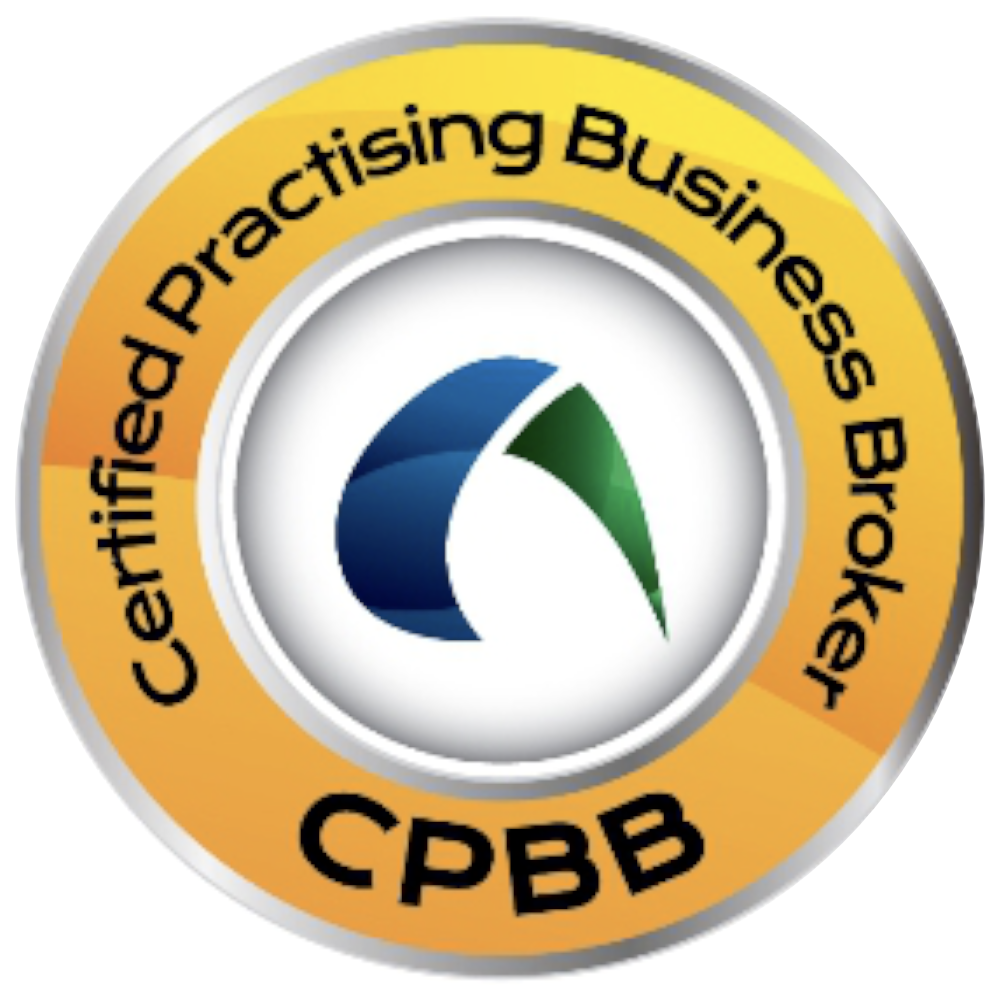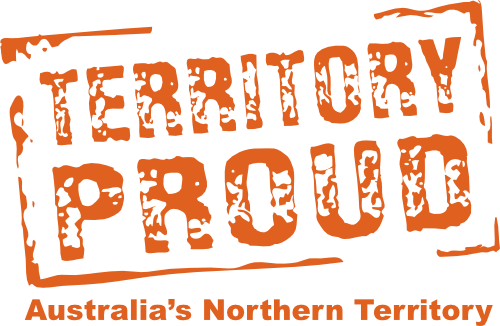FAQ's Selling a Business in the NT
These are some of the Frequently Asked Questions we encounter at Territory Business Sales, please contact us if you have any further queries
- My Business isn’t Making a Profit – is it Saleable?
Businesses are sold based around what a buyer believes they will earn when they own it, not necessarily what the current owner has earned from it. Most businesses will have some value, even those making significant losses – the key is to get the correct advice to ensure this value is realised. Although the current earnings of a business are important in determining a value range, they are only one component. Call Territory Business Sales to book a consult to determine where your current business value likely sits. This is the first step of any potential exit process - find out exactly where you stand and what your options are.
- The Current Market is Terrible – Should I Sell?
Despite our economic cycle being at a historic low point, it is important to realise that it is an economic cycle. Businesses are still selling, but at generally lower price points than previously. The decision to sell has many considerations, but the two most important are:
- The personal reasons for the sale by the owner – does the sale need to occur regardless due to impending retirement, family reasons, illness or simply tiredness.
- If there is no personal urgency for the sale, will the business value likely be higher in 12 months’ time if the owner chooses to hold? If the value can be increased, then the suggestion is to hold. Otherwise, heading to market may be the best option. Is owning the current business holding you back from doing something more beneficial or profitable with your time - ie Is there an opportunity cost of continuing to operate the business?
- What does it cost to sell a business?
Business sale costs are highly variable. Like any professional expense, owners should give consideration to the likely benefit of having a professional conduct the sale rather than themselves. The benchmark that owners should compare is that the likely end price achieved by a professional broker with extensive experience should be well in excess of any costs of using that person. Otherwise, the only reason to use them would be for convenience. There are generally three expenses involved in selling a business with a broker (other than your own legal and accounting fees). These include:
- Getting the business ready for market and producing the sale documentation and business case necessary to achieve the best sale price.
- Marketing the business, either publicly or privately.
- Commission on completion of the sale – for project managing the entire sale process – this will generally take several months to a year depending on the complexity of the business and its industry.
Business broker commissions are higher than Real Estate Commissions because the degree of workload and time frames are generally far higher. Most business sale commissions will generally fall in the range of 5-10% of sale value. Smaller value businesses may have a fixed fee rather than a percentage of the sale. These will generally vary depending on the skill and expertise of the broker. Quality brokers will rarely discount their fees as the time & effort to sell a small business is often nearly as much as a significantly larger one. Minimum fees for brokers with significant levels of experience and a solid sales record are usually around $20k-$30k+. Similar to the professions of law and accounting, you generally get what you pay for with regards to experience and the likelihood of a good outcome.
- How Long Does it Take to Sell?
In the current market, sales have slowed as buyer demand has declined. However some sales may still occur in 1-2 months. The majority are now taking 6-12 months or even longer. Price is a significant factor in determining the speed of a sale with lower priced businesses generally attracting higher levels of buyer enquiry and selling faster than more expensive ones.
- Should I buy a Franchise?
There has been a lot of significant bad press regarding the franchise industry in recent times, culminating in the Senate Enquiry into Franchising. However, the majority of these negative issues are largely confined to a few rogue operators who are about to feel the full wrath of the regulatory body moving forward and will likely be removed from the industry. Franchising done properly should provide a lower risk business model, with a mutually beneficial commercial relationship between franchisors and franchisees. Franchises are especially useful for first time business owners due to their training and ongoing support models. However, as with any business purchase, full and comprehensive due diligence is essential to ensure you have a positive franchise experience. Territory Business Sales will assist you in this process – we have extensive experience in dealing with multiple brands in the franchise industry over many years.
- Why Use a Business Broker instead of selling it yourself or using your Accountant?
Selling a business is one of the hardest tasks that many people will ever undertake. Business Brokers specialise in this task – despite many years’ experience, I still learn from every sale. The likely outcome of using a Certified Practising Business Broker is their experience, knowledge and skill should regularly achieve an end outcome for the seller of around 20-30% above what an owner operator is likely to achieve themselves as well as a faster outcome. This is due to a combination of their knowledge, their marketing pathways and their experience from other past sales. Accountants generally have good accounting skills, however, they generally have minimal sales experience. They also have limited regular exposure to current sales and market trends in the business sale environment. They can generally tell if a price is incorrect, but will struggle to identify an actual current market value range they can support with market evidence. They also generally have very limited marketing avenues available to them beyond direct approach. All of these factors will combine to generally result in a less favourable outcome than if an experienced Business Broker is engaged for the process (who will generally work with your accountant anyway).
- Can Territory Business Sales help with Niche Businesses?
The principle difference between businesses from broad industries such as hospitality and niche businesses is that the number of potential buyers is likely to be substantially less. This may necessitate a change in the approach taken to marketing, or even in the structure of how the sale transaction is undertaken. Some industries have different valuation methodologies based on multiples of revenue instead of returns. Territory Business Sales can assist with the business sale requirements of the majority of businesses, and where we can identify a better option than ourselves, we will refer you to those providers to ensure you get the best outcome.





